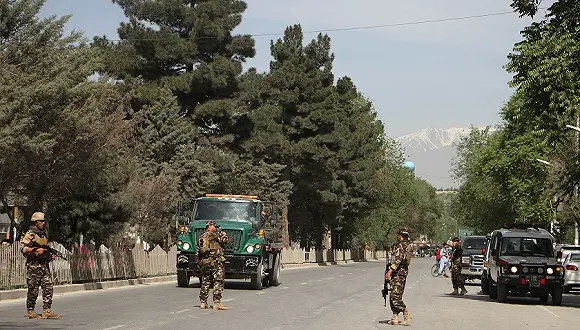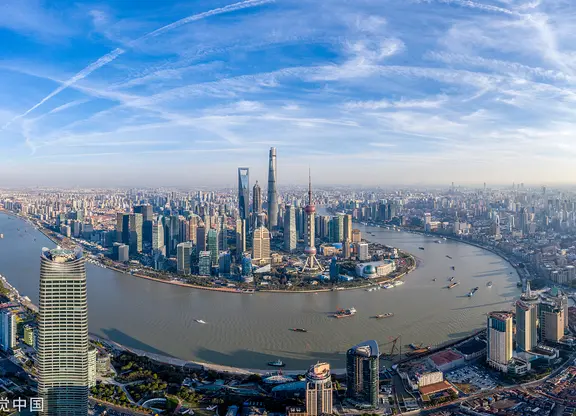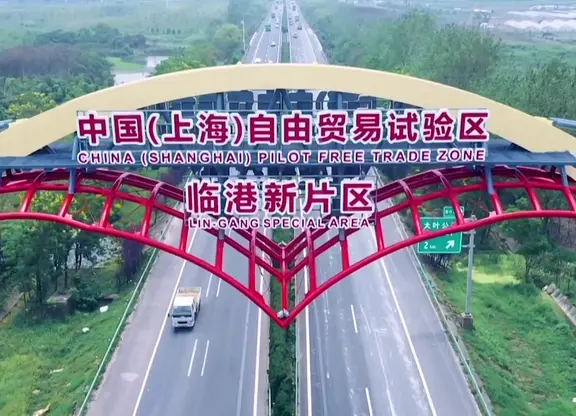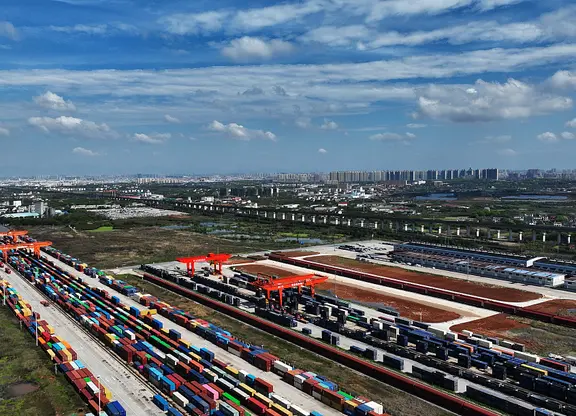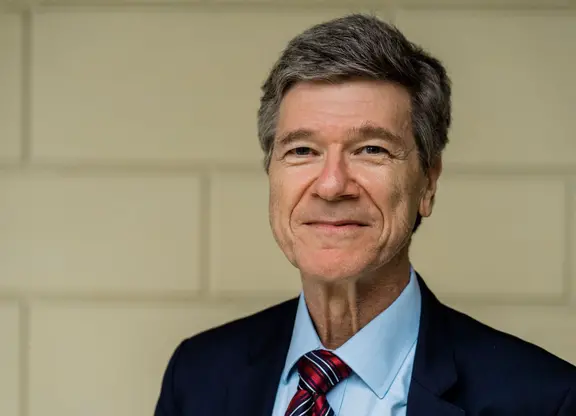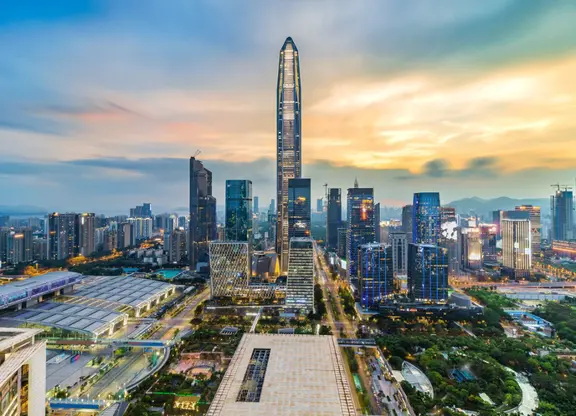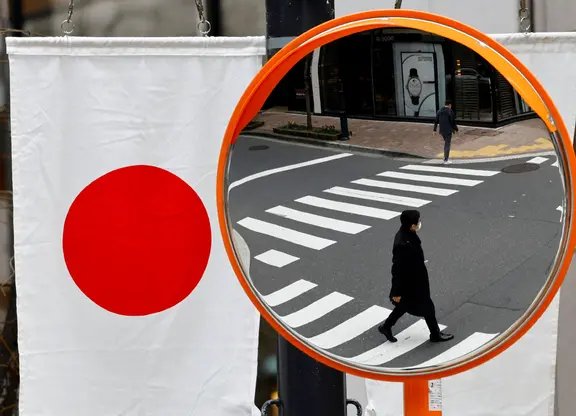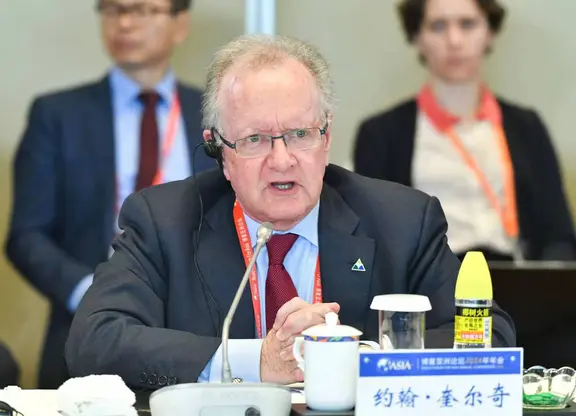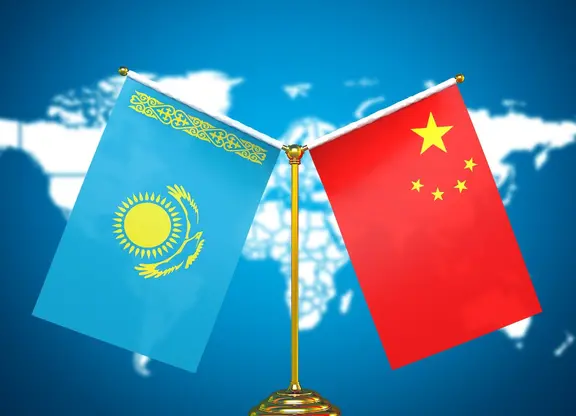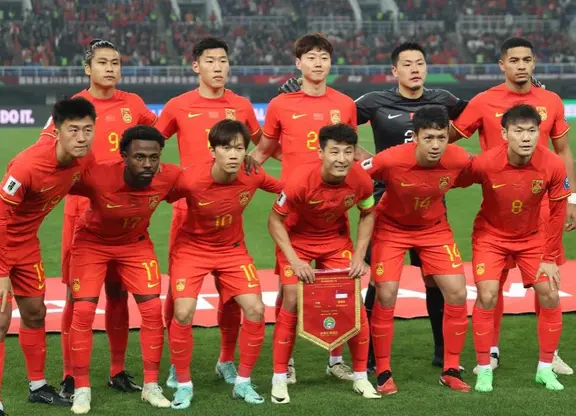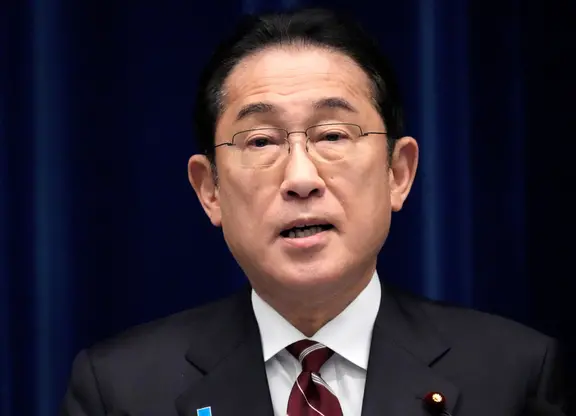The US is set to confirm its support for a 13-billion-US-dollar cash injection into the World Bank, in return for changes to the way the bank hands out loans, meaning countries like China could find it harder to secure fundraising.
Quoting an unnamed senior US Treasury official, the Financial Times reports that World Bank President Jim Yong Kim and US Treasury Secretary Steven Mnuchin have reached a compromise over a 7.5-billion-US-dollar capital increase for the International Bank for Reconstruction and Development, and a 5.5-billion-US dollar boost for the International Finance Corporation.
In return, the bank will commit to distributing more funds to poorer countries. China would be moved to a higher lending band, meaning the country would pay higher rates on World Bank loans.
In 2017, China was the biggest recipient of World Bank funding, borrowing 2.4 billion US dollars.
While China could receive less funding as a result of the proposed changes, it would also receive a greater say in the running of the institution, with Beijing's voting power in the World Bank increased from 4.45 to 5.7 percent.
The compromise reached between the US and the World Bank will likely come under scrutiny at the Spring Meetings of the IMF and World Bank, which begin on Friday.
The Financial Times cites the US official as saying the “ultimate goal” of the reform was for “world growth to be faster and for median incomes to be higher and that means in critical developing countries.”
The US is the biggest shareholder in the World Bank and the only member state to hold a veto on the bank’s policies and decisions.
The Trump administration, by now well known for its skepticism towards multilateralism, criticized the World Bank last October for lending to countries “that already have ample borrowing capacity.”
That criticism was widely seen as a thinly-veiled attack on the World Bank’s lending to China, with Jim Yong Kim defending his institution, saying “the rationale for us working in China is quite clear: Not only are we helping them along the development path but the lessons we learn in China... are very helpful to our work in other developing countries.”
While the World Bank will welcome support from the US for its latest round of fundraising, the compromise it has been forced to make again highlights how much power the White House has over the institution, which faces growing pressure from the Beijing-based Asian Infrastructure Investment Bank.
A report released in October by AidData found that China was on course to overtake the US as the world’s primary donor of aid to the developing world, with China committing over 350 billion US dollars to international development projects between 2000 and 2014, compared to 394 billion US dollars from Washington.
US criticism of the World Bank’s lending to China also fails to recognize how China has been the largest contributor to world growth since the global financial crisis of 2008, as well as the fact that the World Bank recognizes China as a “developing country” with ongoing challenges in alleviating poverty.
(CGTN)
 简体中文
简体中文

